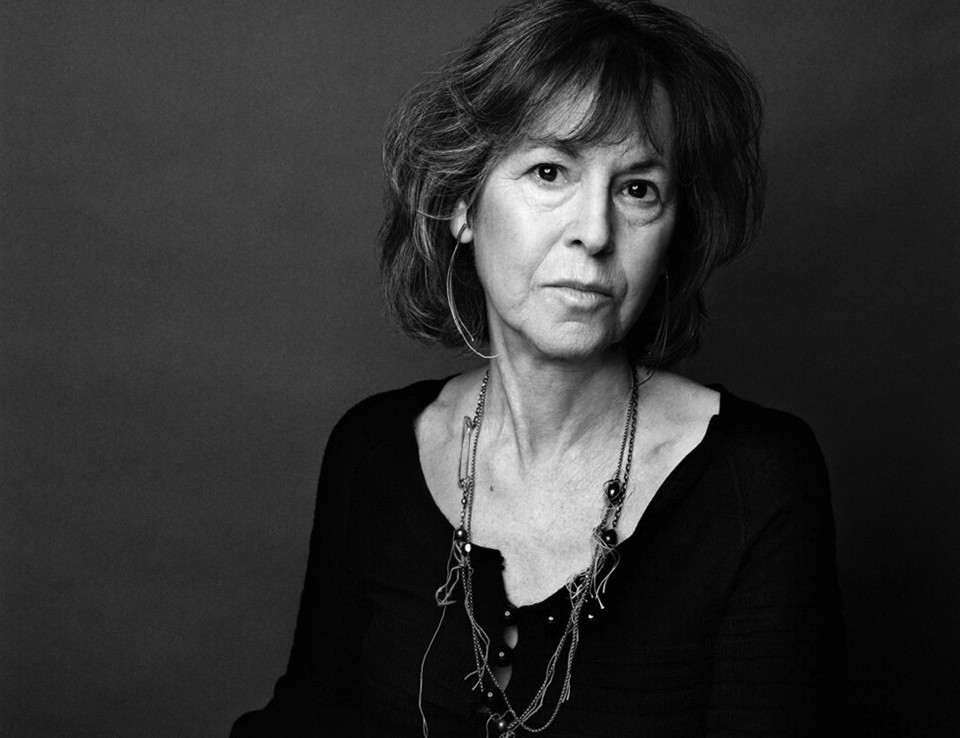Readings and Reflections: An Evening of Poetry with Louise Glück, Nobel Laureate

In awarding her the Nobel Prize in Literature, the Nobel committee cited that "Personal experiences have always been an important touchstone for Louise Glück’s poetry. Childhood, family life, relationships and death are recurring themes in her collections. Glück seeks out the universal. Myths and classical motifs are found in most of her work. In addition to classical mythology, the rich English-language poetry tradition is her primary literary source of inspiration. Glück’s language is characterized by clarity and precision and is free of poetic formalities; she often uses daily spoken language."
From her first book of poetry, Firstborn (1968), through her later works, Glück has become internationally recognized as a skilled, perceptive author who pulls the reader into her poetry and shares the poetic experience equally with her audience. Glück’s poems in books such as Firstborn, The House on Marshland (1975), The Garden (1976), Descending Figure (1980), The Triumph of Achilles (1985), Ararat (1990), and the Pulitzer Prize-winning The Wild Iris (1992) take readers on an inner journey by exploring their deepest, most intimate feelings. “Glück has a gift for getting the reader to imagine with her, drawing on the power of her audience to be amazed,” observed Anna Wooten in the American Poetry Review, and Stephen Dobyns maintained in The New York Times Book Review that “no American poet writes better than Louise Glück, perhaps none can lead us so deeply into our own nature.”
Among numerous prestigious awards and honors, including the Nobel, Glück was the recipient of National Book Critics Circle Award for Poetry in 1985 and the Pulitzer Prize for Poetry in 1993.
Ms. Glück’s Athenaeum appearance is co-sponsored by the President's Leadership Fund.
(Text adapted from the websites poetryfoundation.org and biography.com)
